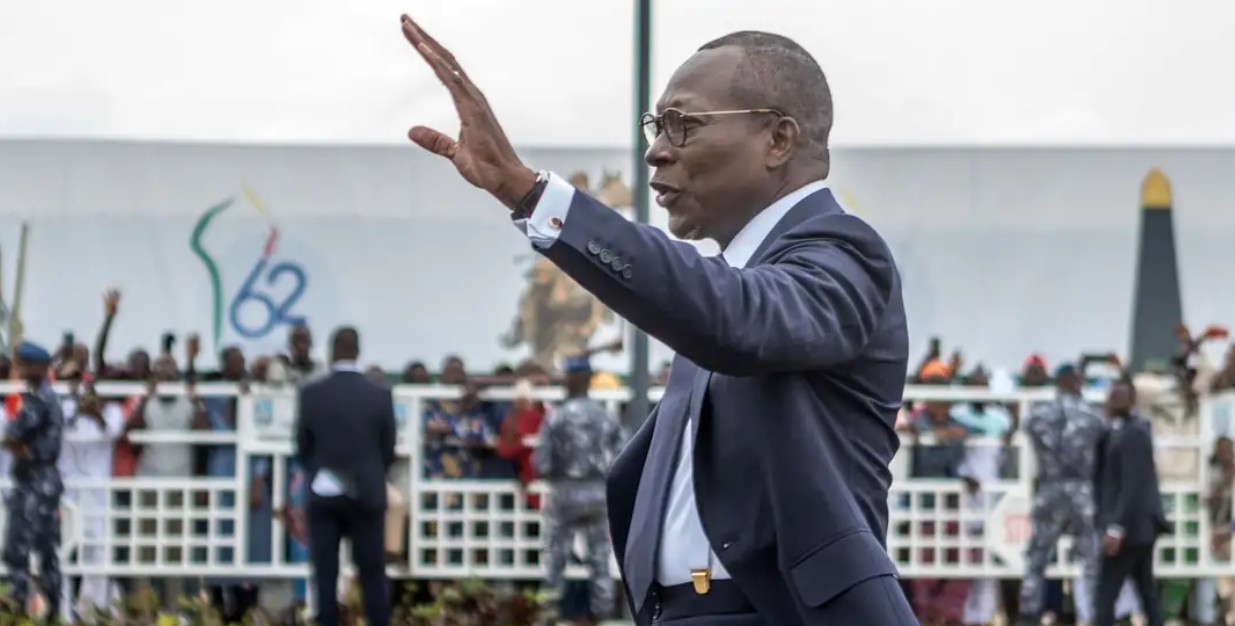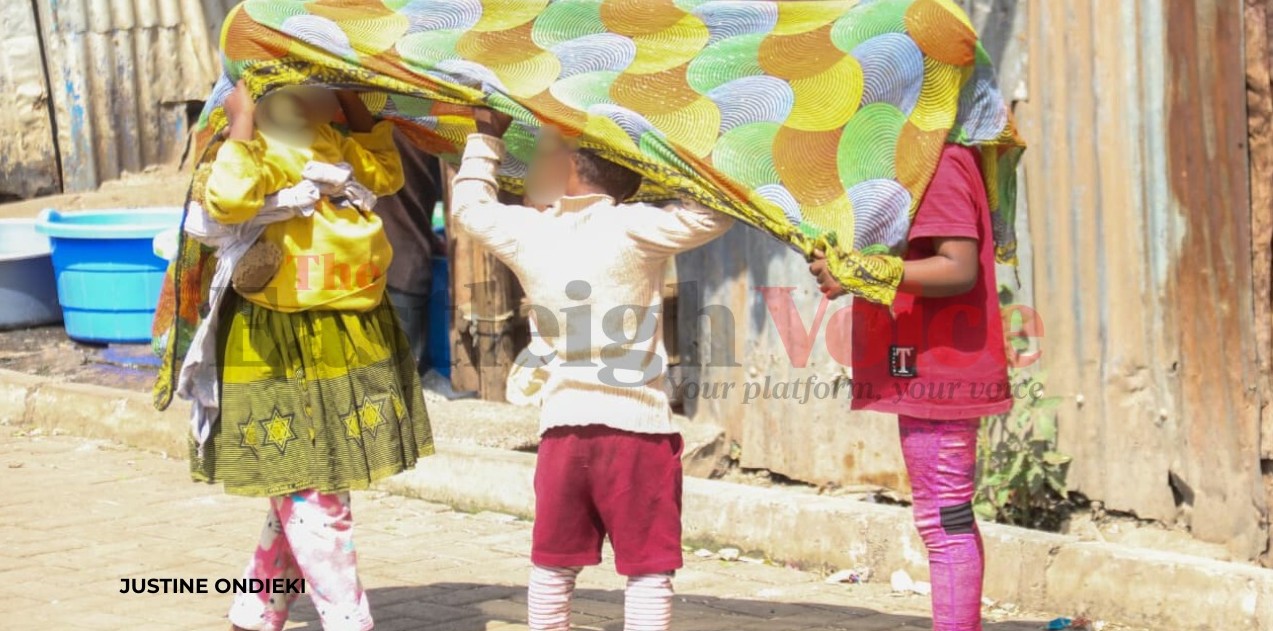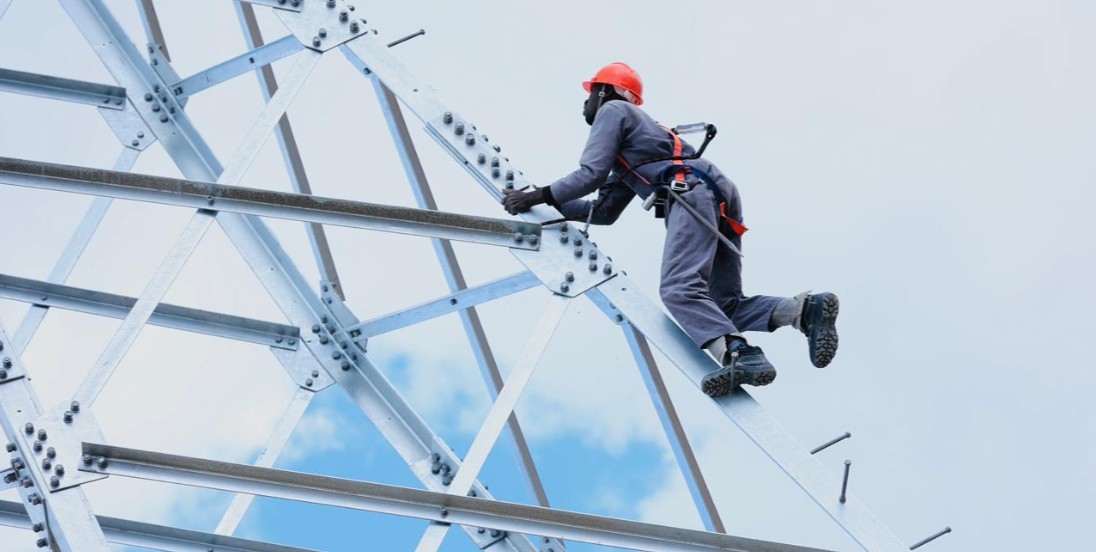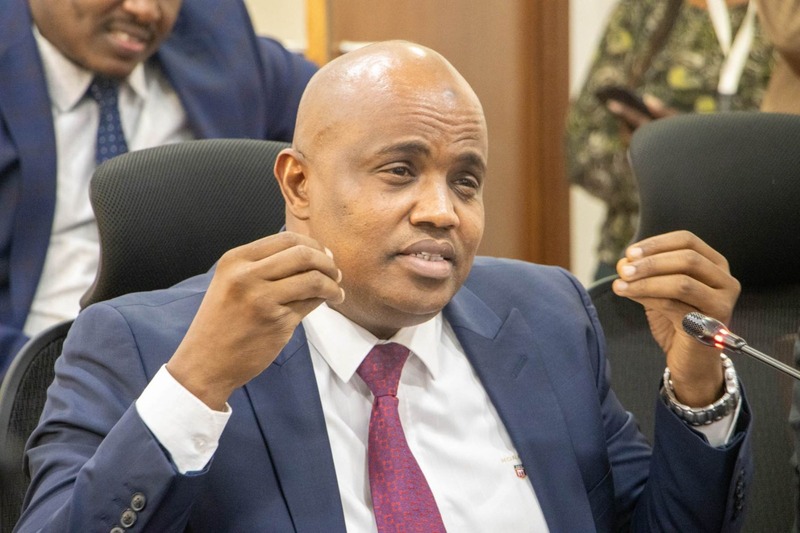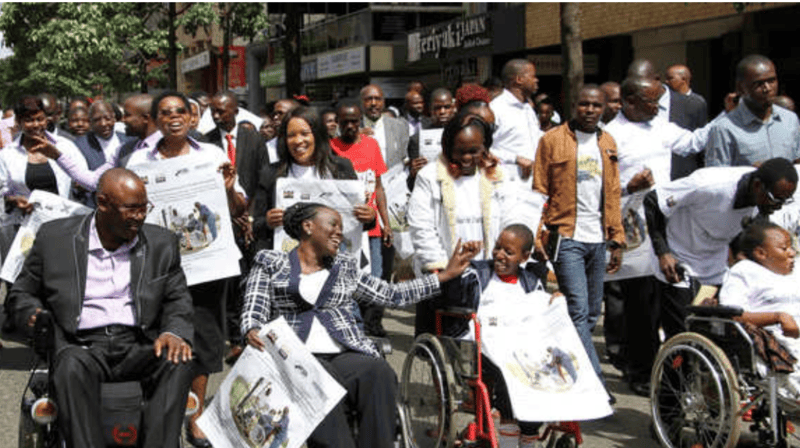Kenya expands digital network with 13,590km fibre and 1,563 Wi-Fi hotspots

So far, 400,000 Kenyans are actively using public Wi-Fi services, with an estimated two million people relying on the expanded digital infrastructure.
Kenya’s digital infrastructure continues to grow, with the National Development Implementation Committee (NDIC) reporting that 13,590km of fibre optic cable has been installed across the country.
Additionally, 1,563 public Wi-Fi hotspots have been set up to improve internet accessibility for millions of Kenyans.
More To Read
- Google tests dual-band hotspot for Android phones
- MPs demand answers over Sh34.3 billion spent on public Wi-Fi project
- MPs demand answers over delayed ICT ministry projects, stalled legislation
- CS Kabogo proposes removal of wayleave fees to speed up fibre expansion
- 11 per cent of Kenyans use mobile phones they do not own - survey
- Millennials edge out Gen Z in internet use – CA study
The NDIC reviewed the progress of the country’s digital expansion during a meeting at the Kenya School of Government on Wednesday.
The committee revealed that the government is constructing 100 digital hubs, with 47 set to serve as centres of excellence in each county, while 53 will operate as standard hubs.
The National Government Constituencies Development Fund (NG-CDF) is also funding 1,350 digital hubs, 38 of which are already under construction.
So far, 400,000 Kenyans are actively using public Wi-Fi services, with an estimated two million people relying on the expanded digital infrastructure.
The NDIC also noted that Kenya is among four African countries set to benefit from a $2 billion (Sh258.8 billion) investment in artificial intelligence infrastructure from Microsoft.
“The government will continue to expand digital connectivity, ensuring more Kenyans have access to reliable internet services,” NDIC stated.
In line with its digital expansion plan, the government aims to connect over 700 government institutions this year through the National Optic Fibre Cable Backbone Infrastructure initiative.
The goal for 2025 includes linking 754 institutions, with 377 located in Western Kenya; 128 in Kakamega, 116 in Bungoma, 81 in Busia, and 52 in Vihiga.
In the previous year, 278 institutions were connected, including 91 in Kakamega, 83 in Bungoma, 54 in Vihiga, and 50 in Busia.
During a briefing by ministry directors, Information, Communications, and the Digital Economy Cabinet Secretary William Kabogo highlighted the government's efforts to strengthen digital capacity and address emerging challenges.
“The ministry is building capacity to utilise digital technology and tackle possible challenges. The ministry will lead from the front by on-boarding all services on digital platforms,” he said.
In August 2024, President William Ruto announced plans to establish ICT hubs in every ward through the Constituency Development Fund (CDF).
Speaking at a town hall session with university students at the Kenyatta International Convention Centre (KICC), he stated that discussions with Members of Parliament had secured an agreement to use CDF funds for the initiative.
“We have changed the law and if you talk to your MP, we are using CDF to build an ICT hub in every ward for three reasons: to make sure ICT infrastructure is available to citizens including students, we have a big programme on digital jobs and we want to encourage digital commerce, and we want government services to be available in that space,” Ruto said.
Further solidifying Kenya’s digital transformation efforts, President Ruto launched an ambitious plan in December 2024 to connect over 74,000 public institutions through a fibre optic network.
The initiative, announced during the Jamhuri Day celebrations, also includes establishing 25,000 public Wi-Fi hotspots to enhance internet accessibility nationwide.
“This is why we are undertaking an ambitious expansion of our national digital infrastructure by deploying a fibre optic network to connect over 74,000 public institutions and establish 25,000 public Wi-Fi hotspots because digital transformation is a critical enabler in creating opportunities across all sectors,” Ruto stated.
The President emphasised that the project would extend internet access to 8.5 million homes and businesses, bridging the digital divide that continues to hinder technological access in schools, villages, and counties.
Top Stories Today

